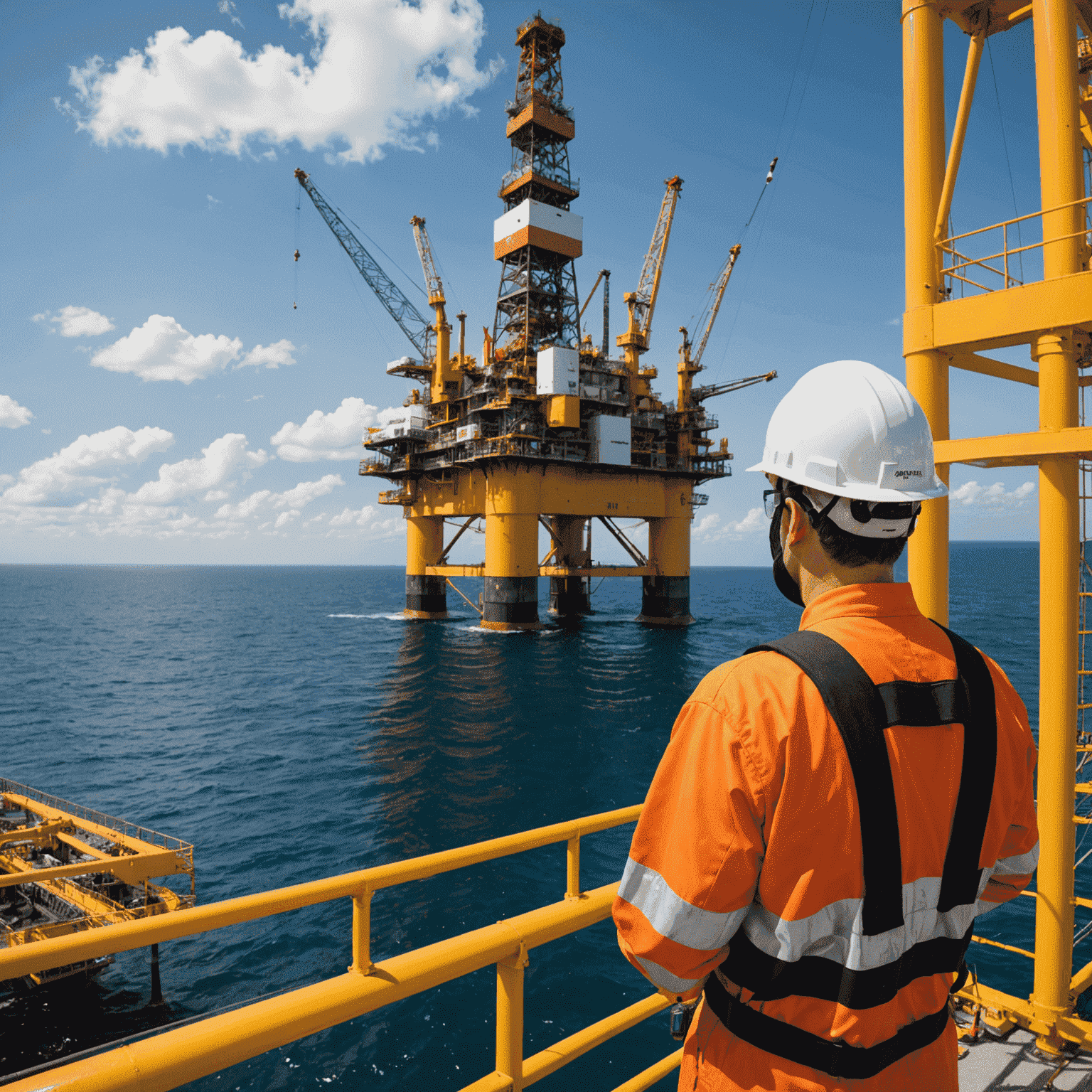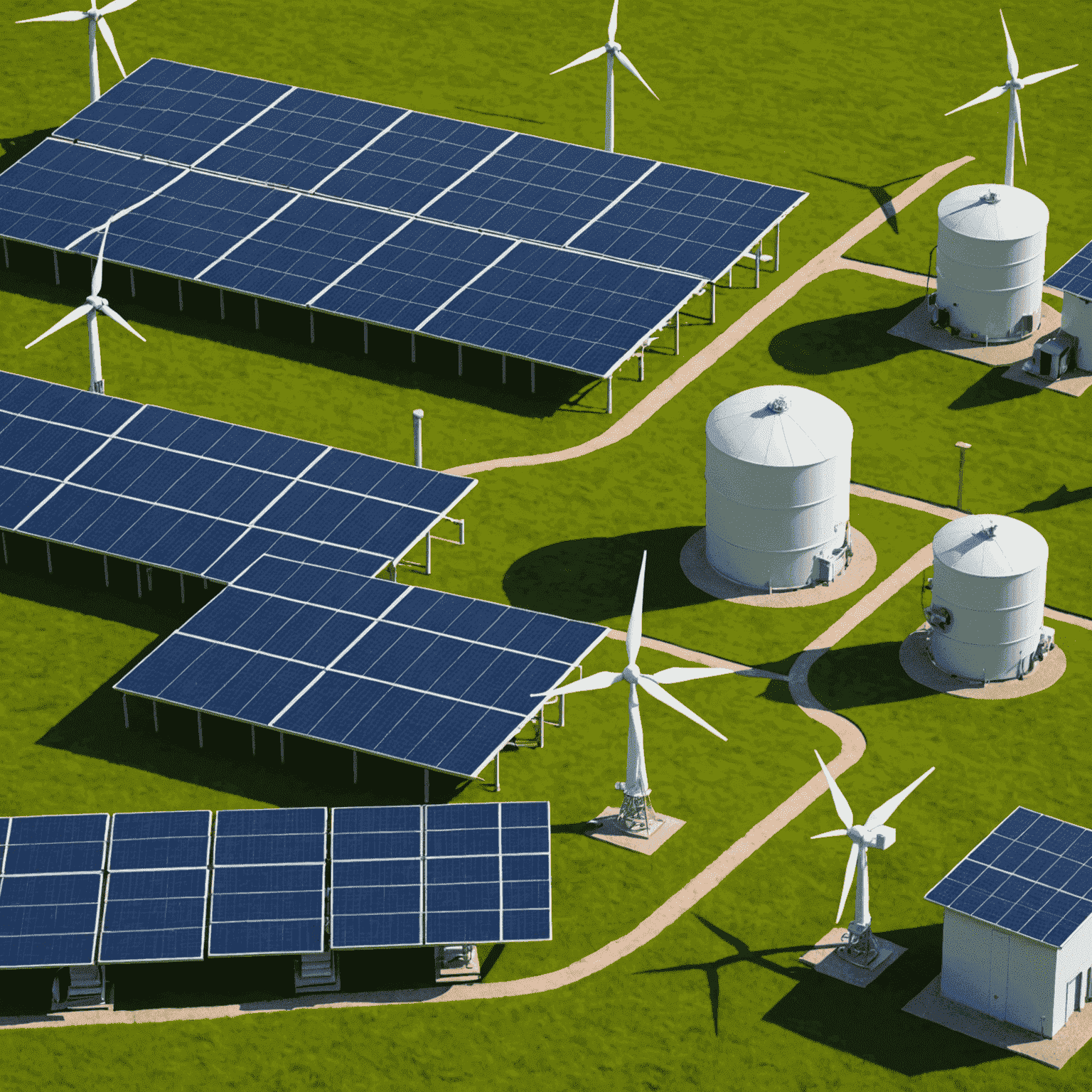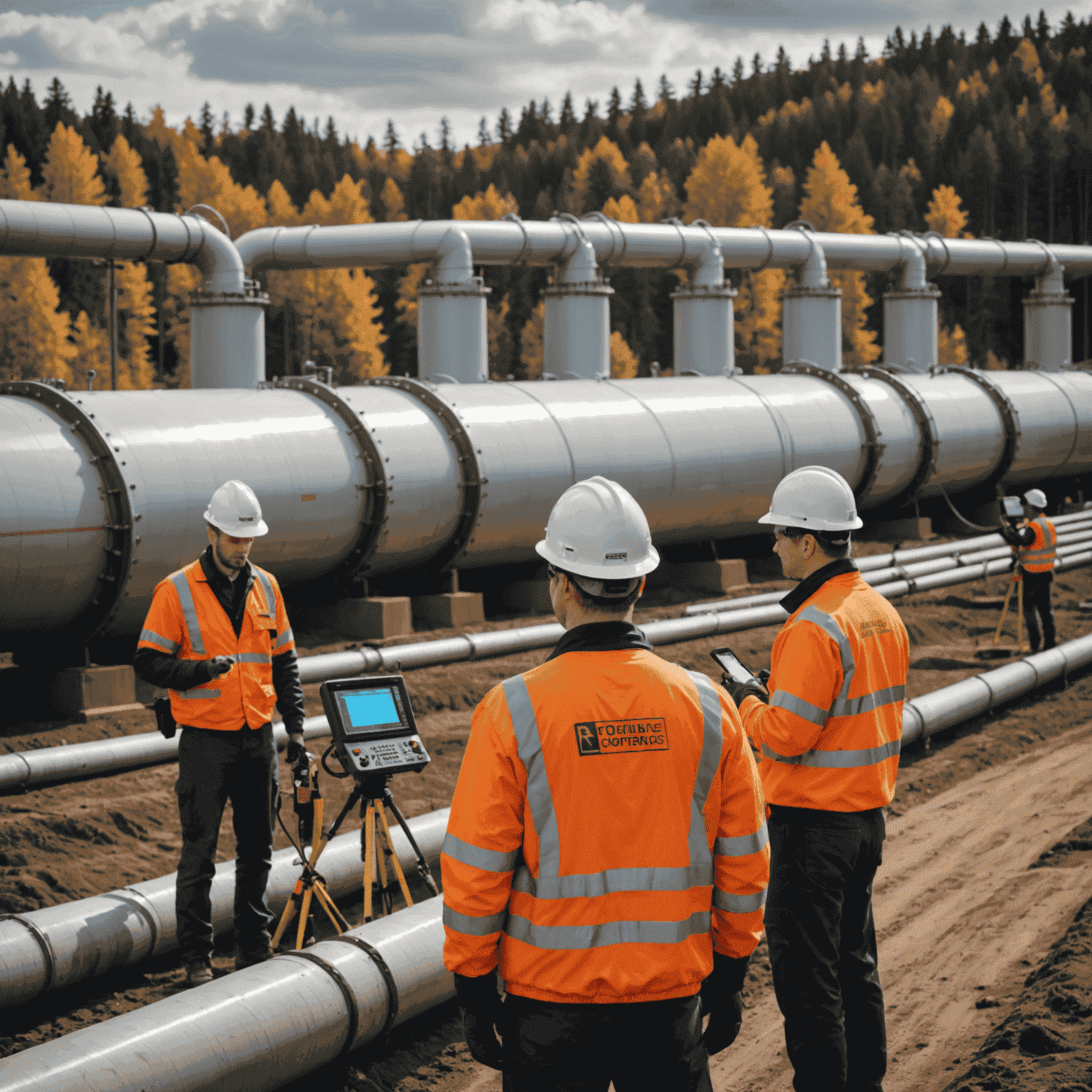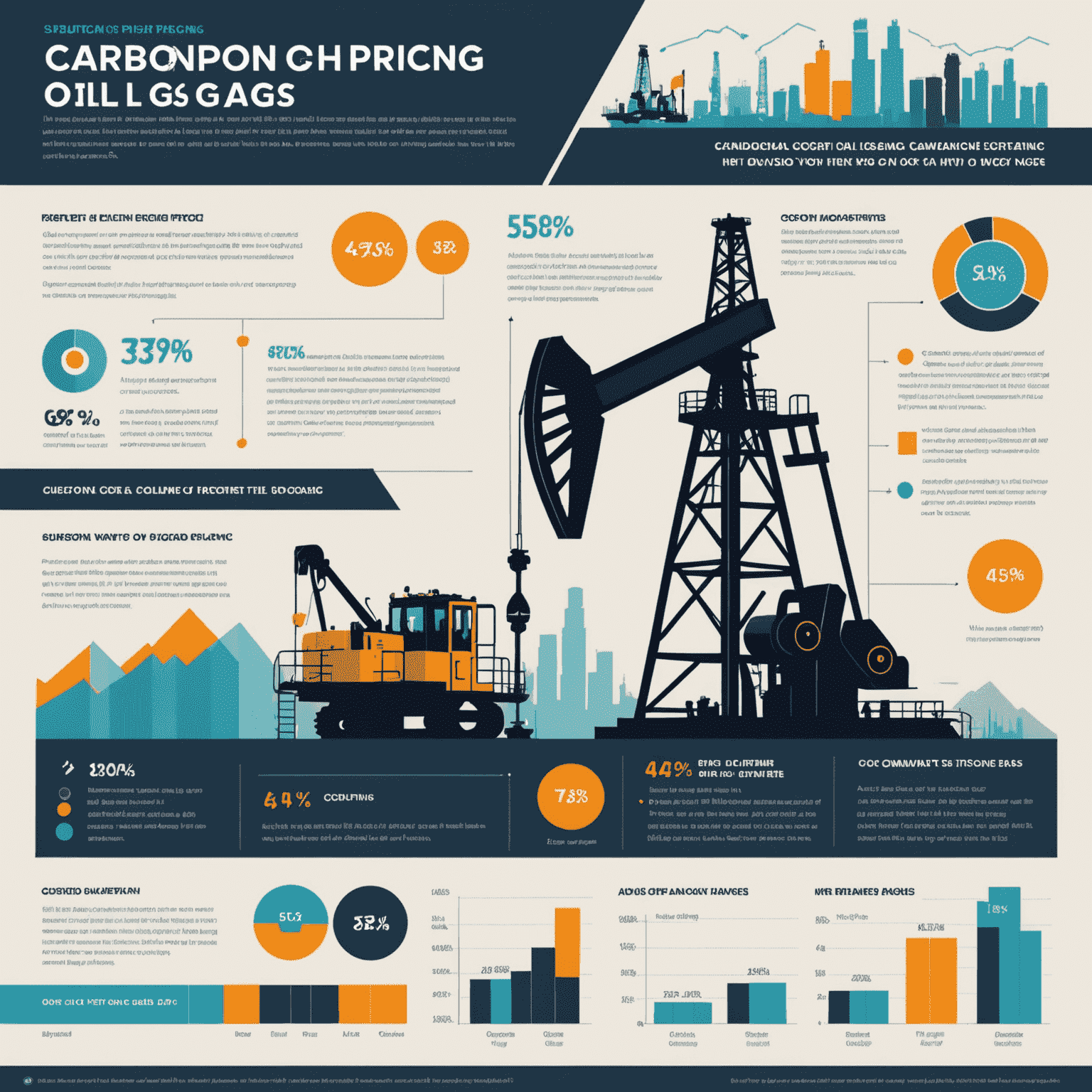New Emissions Standards for Oil Refineries
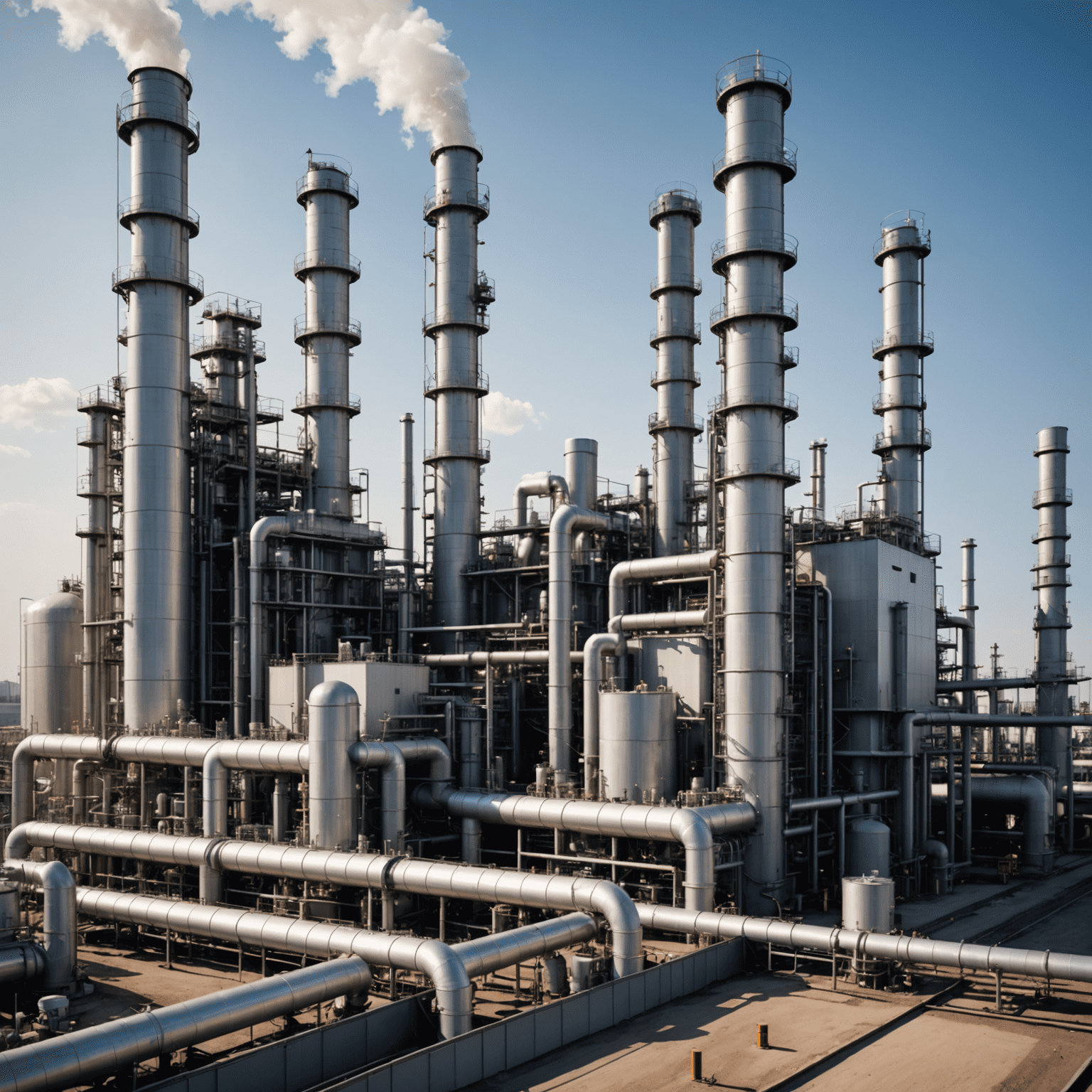
The Environmental Protection Agency has announced stricter emissions standards for oil refineries, aiming to reduce air pollution and improve public health in surrounding communities.
These new regulations will require oil and gas companies to invest in advanced emission control technologies, potentially impacting operational costs and strategies. Consulting firms specializing in the oil and gas industry are gearing up to assist companies in navigating these changes and implementing cost-effective solutions.
